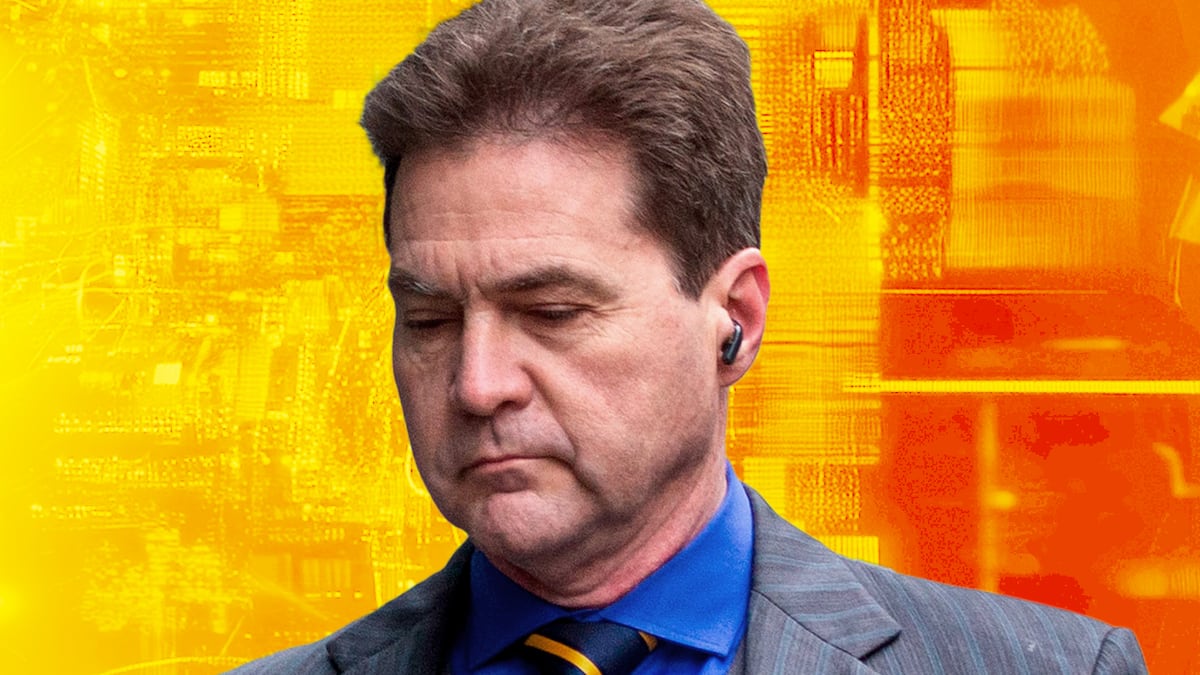- A UK judge denied Craig Wright permission to appeal Satoshi Nakamoto ruling.
- Wright's petition contained multiple falsehoods and 'AI-generated hallucinations.'
- Did Wright use an AI app to write his legal filing?
A UK judge has denied Australian computer scientist Craig Wright’s permission to appeal a ruling that found he was not Satoshi Nakamoto, the pseudonymous creator of Bitcoin.
The order, signed Thursday by Lord Justice Arnold, rejected Wright’s request to appeal two cases he brought against the Crypto Open Patent Alliance — COPA — as being “totally without merit.”
The three-page opinion cites several reasons why Wright’s appeal was denied, including multiple falsehoods and “AI-generated hallucinations.”
The alleged hallucinations include references to cases called “Anderson v the Queen [2013] and UKPC 2,″ which don’t exist.
‘End of the line’
Artificial intelligence hallucinations occur when the large language models that power AI chatbots create false information.
The implication is that Wright used an AI app, such as ChatGPT, to draft his appeal without checking its accuracy.
Wright has claimed that he is the true inventor of Bitcoin since 2016. But in March, a London High Court judge ruled Wright wasn’t Nakamoto.
Following the ruling, a UK judge froze $7.6 million of assets belonging to Wright to prevent him from evading court costs accrued in his case against COPA.
In Britain, it is common practice for plaintiffs to pay the legal costs of defendants if they lose their cases.
The denial of Wright’s appeal is “really the end of the line,” David Pearce, a UK and European patent attorney who closely followed the case, told DL News.
More emphatic
In the appeal, Wright argued that the judge who ruled he was not Nakamoto, Justice Mellor, was biased by meeting with Pearce.
Justice Arnold dismissed the argument, he said, because Mellor had already announced his decision on the case almost two months prior to the meeting.
“It was always expected that any appeal would be refused, but the decision refusing his permission to appeal is more emphatic than even I expected,” Pearce said.
While the decision is likely the end of Wright’s campaign to convince authorities he’s Nakamoto, it’s not the end of his legal battle.
A hearing scheduled for next month in London will decide if Wright is in contempt of court for continuing to issue proceedings relating to Bitcoin.
According to Pearce, Wright could face jail time if he is found in contempt of court, or if he is found guilty on charges relating to perjury for his use of forgeries in the COPA case.
The year of Satoshi
This year, the quest to unveil the identity of Satoshi Nakamoto took several unexpected turns.
In October, an HBO documentary claiming 39-year-old Canadian dev Peter Todd was Nakamoto reignited intrigue into the identity of Bitcoin’s pseudonymous creator.
Todd denied he was Nakamoto, and warned against efforts to uncover the Bitcoin creator.
Later that month, a 58-year-old Briton named Stephen Mollah also claimed to be Nakamoto.
Like Wright, Mollah was unable to provide definitive proof, such as sending a transaction from one of the wallets connected to Nakamoto.
Should Nakamoto’s identity be confirmed, it will almost certainly rock the crypto market. Wallets tied to the Bitcoin creator contain around 1.1 million Bitcoin with a market value of around $108 billion.
Tim Craig is DL News’ Edinburgh-based DeFi Correspondent. Reach out with tips at tim@dlnews.com.
